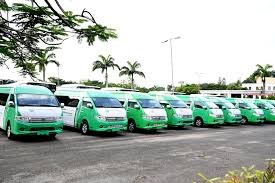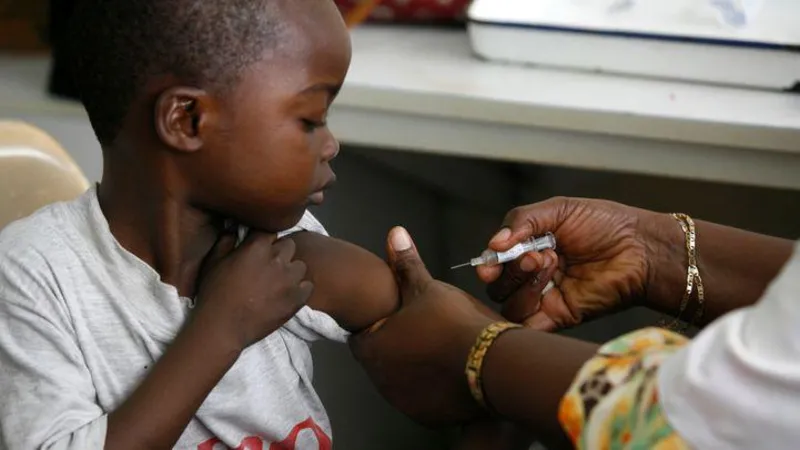The Federal Government of Nigeria has taken a step towards providing affordable transportation to its citizens. To commemorate the country’s 64th Independence Day, the government handed over 64 Compressed Natural Gas (CNG) buses to representatives of the Trade Union Congress (TUC), the Nigerian Labour Congress (NLC), and the National Association of Nigerian Students (NANS).
This was disclosed in a press statement released on Sunday and signed by Bayo Onanuga, the Special Adviser to the President on Information and Strategy, a copy of which was obtained by Africa Health Report.
The handover ceremony, which took place at the State House Conference Centre in Abuja, was led by the Coordinating Minister of the Economy and Minister of Finance, Wale Edun.
Edun emphasized that this initiative is part of President Bola Tinubu’s promise to support Nigerians after the removal of fuel subsidies.
The CNG buses are expected to reduce transportation costs, alleviate the burden on the poor and vulnerable, and support macroeconomic reforms
The CNG initiative aligns with Nigeria’s commitment to cleaner energy and leveraging its energy resources for industrialization. Edun noted that the fuel cost for CNG-powered vehicles is about one-third of the fuel for petrol-powered vehicles, with motorists able to fill a tank for as low as N15,000 instead of N50,000 or more.
Representatives of the TUC, NLC, and NANS commended President Tinubu for the gesture and called for more CNG buses to be made available to the public.
The Secretary-General of TUC, Comrade Nuhu Toro, thanked the President for implementing the N70,000 new national minimum wage, while NANS president Comrade Lucky Emonefe praised the government’s commitment to education and student welfare.
The Programme Director/Chief Executive of PCNGi, Michael Oluwagbemi, reported that over 125 conversion centers have been established, with investment in the sector exceeding $175 million. Technician training is being ramped up, with 40 new technicians trained weekly, and over 34,000 conversion kits ordered.
The government plans to distribute over 500 CNG buses and 100 electric vehicles in the first instance, with the centers expanded to all 36 states and the FCT.
The benefits of the CNG buses will become more apparent once more buses are deployed across the country. As Comrade Uche Ekwe of NLC noted, “If we get more buses, the effect will translate immediately to Nigerians. If people start entering these buses, they will publicize it in the public and their neighbourhood”.


